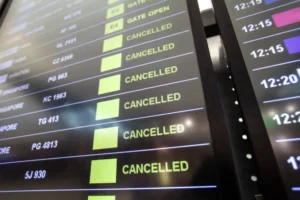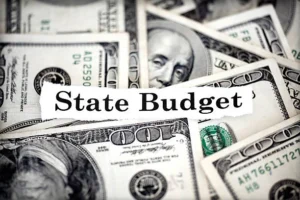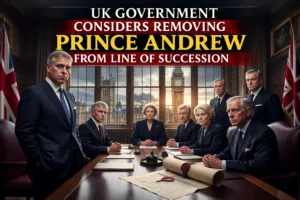After months of negotiations with US intelligence officials and senior political leaders, the British government has withdrawn its controversial UK Apple backdoor demand. US Director of National Intelligence Tulsi Gabbard confirmed on Monday that Britain dropped the global access requirement to encrypted Apple data.
Gabbard said she worked alongside President Donald Trump and Vice President JD Vance to reach a deal protecting American citizens’ private data. Prime Minister Keir Starmer traveled to Washington for meetings with Trump and European allies, focusing mainly on Ukraine’s ongoing war with Russia.
While confirming cooperation with the US, a British government spokesperson declined to comment on specific agreements due to operational secrecy under national security rules. The Spokesperson stressed that the UK balances security threats with safeguarding privacy, reaffirming its commitment to protecting citizens while combating terrorism and child exploitation.
Apple did not immediately respond to requests for comment, but has consistently maintained that it will never create encryption backdoors. In February, Apple withdrew its Advanced Data Protection feature from British devices, citing government demands and launching a legal challenge in the UK.
Lawmakers in Washington warned earlier this year that Britain’s order risked empowering hackers and authoritarian regimes if a backdoor system ever emerged. Civil rights advocates cautiously welcomed Britain’s reversal, noting concerns remain while the Investigatory Powers Act still grants broad authority over encrypted communications.
Sam Grant from Liberty called the decision “hugely welcome” while warning future governments could again attempt to undermine encrypted systems protecting private data. Jim Killock of the Open Rights Group echoed concerns, stressing that Britain’s power to weaken encryption remains in the books and threatens digital safety.








